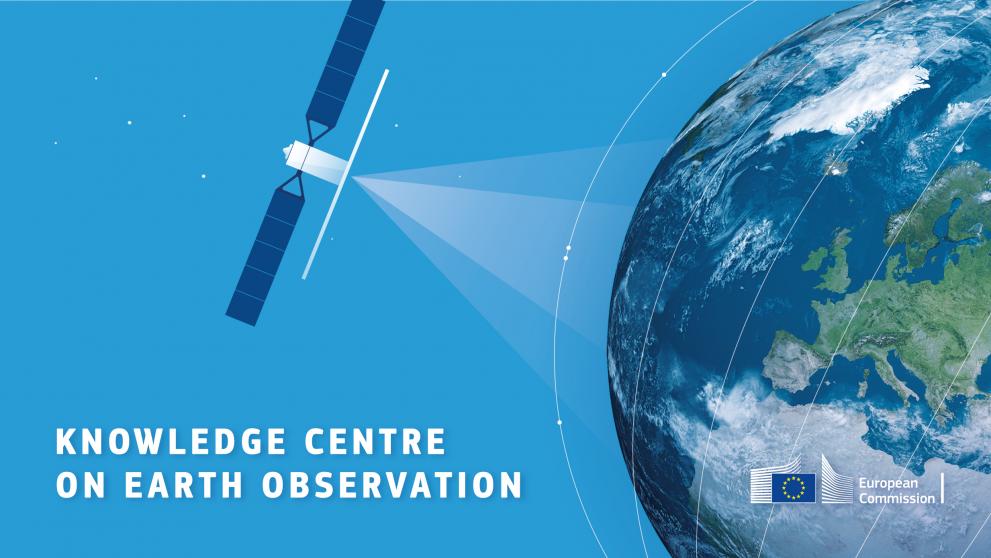
The Commission has launched a Knowledge Centre on Earth Observation, to maximise the use of knowledge generated from Earth Observation, in particular from the European Copernicus Programme, in EU policymaking.
The ultimate goal of the Centre is to support the efficient implementation of the Commission's political priorities, in particular the European Green Deal and the Digital Agenda.
It will provide systematic monitoring of the policy needs and priorities for Copernicus products and services and transform best practices and state-of-the-art science into policy-tailored services.
The Knowledge Centre also aims to ensure that the evolution of the Copernicus programme and other Earth Observation and research investments of the Commission remain responsive to EU policy.
Members of the College said:
Executive Vice-President for the European Green Deal, Frans Timmermans said: “Earth Observation is a powerful tool to monitor the health of our planet. The climate and biodiversity crises have already started changing the face of the Earth. Close observation of environmental trends and new patterns will provide the data necessary to design evidence-based policies and deliver results that protect our planet, our health and our livelihoods.”
Commissioner for Innovation, Research, Culture, Education and Youth, Mariya Gabriel, said: “Earth observation offers more than just an efficient technical tool. It provides a direct and almost emotional perspective on our environment and how we impact it. This is why it is our ambition to ensure that any European policy that can benefit from the application of Earth Observation data, will indeed make use of it, and it will be the role of the Knowledge Centre to make that data available.”
Commissioner for Internal Market, Thierry Breton, said: “Policymakers have become increasingly aware of the power of space-based Earth Observation to support better evidence-based decision making. The time is right to introduce a new dedicated tool, the Knowledge Centre for Earth Observation, joining an increasingly coordinated effort to ensure the rapid uptake of Copernicus. This new tool will ensure that Copernicus can give the best possible policy support and the best possible return on investment.”
The Directorate-General for Defence Industry and Space (DEFIS) and the Commission Joint Research Centre (JRC) will take care of the overall management and act as the implementation engine of the Knowledge Centre.
Background
Copernicus is the EU's Earth observation programme – Europe's Eyes on Earth.
Earth Observation refers to the collection and analysis of geo-referenced data on the Earth's status that is remotely measured either by satellites, or in the atmosphere (by airplanes or drones) or by measurement stations in specific locations.
The Copernicus programme provides geo-spatial information that can enable the achievement of policy goals, foster innovation and help monitor the health of our planet.
Various Commission departments are already using Copernicus data to a certain extent to support their policy-making. For instance, Earth Observation is used for land monitoring, climate change services, atmosphere monitoring, emergency service, marine environment monitoring and security services.
Observation-based evidence can help find synergies between the Commission priorities, focusing on the Green Deal policies and the digital technologies that can support their implementation.
For More Information
- Knowledge Centre on Earth Observation
- EU Space Policy
- Commission welcomes the political agreement on the European Space Programme
- Copernicus programme
Related Content
Knowledge Centre on Earth Observation
Commission welcomes the political agreement on the European Space Programme
Details
- Publication date
- 20 April 2021
